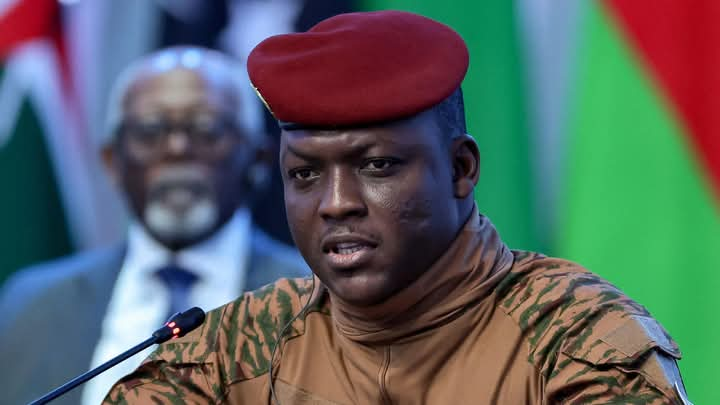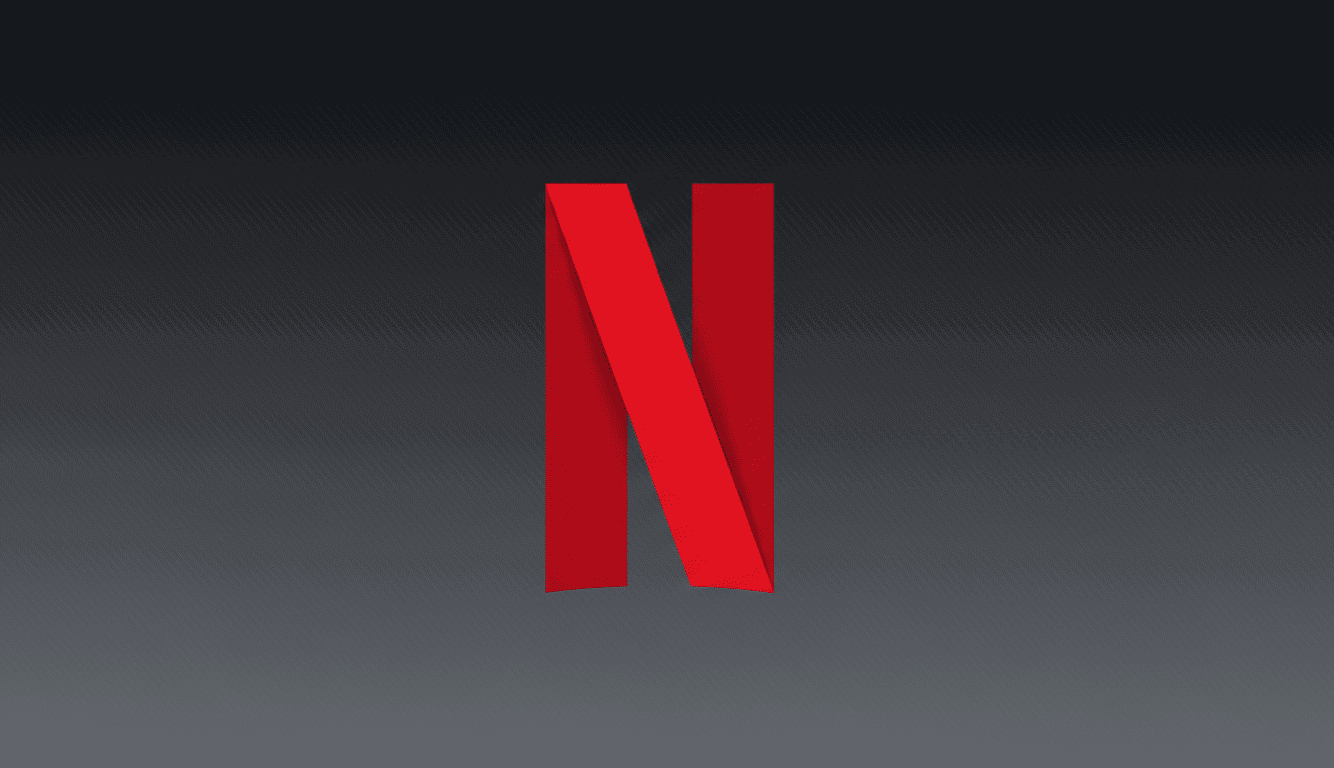The interim leader of Burkina Faso, Captain Ibrahim Traore, has often attracted admirers and critics in equal measure over his decisions and opinions.
Traore, recently expressed a strong view that no country can develop under a democratic system. He articulated this perspective during a flag-raising ceremony at the Koulouba Palace, emphasizing that Burkina Faso is not operating as a democracy but is instead undergoing what he calls a “popular, progressive revolution.”
According to Traoré, democracy is not a prerequisite for development and may even hinder it.
He argues that it is difficult to identify any nation whose progress can be solely attributed to democratic governance, asserting, “It is impossible to name a country that has developed in democracy. Democracy is only the result.”
Traoré’s reasoning centers on his belief that democracy fosters a form of “libertinism” in action and expression, which he sees as leading to societal disorder rather than the disciplined transformation he deems necessary for development.
He stated, “As much as you think you are free to speak and act, the other is also free to speak and act, and there we end up with a society of disorder.”
In his view, this lack of control undermines the ability to enact the revolutionary changes needed to address Burkina Faso’s challenges, such as security threats from jihadist insurgencies, economic stagnation, and infrastructure deficits.
Instead, he advocates for a revolutionary approach that prioritizes collective goals over individual freedoms, suggesting that only through such a system can a nation like Burkina Faso achieve meaningful progress.
This stance reflects Traoré’s broader leadership philosophy since taking power in a September 2022 coup.
He has prioritized security and self-reliance over democratic norms, distancing Burkina Faso from Western-style governance models and international institutions like ECOWAS, while forging closer ties with countries like Russia.
His rejection of Saudi Arabia’s offer to build 200 mosques in favor of infrastructure projects further underscores his focus on practical development over symbolic gestures, aligning with his revolutionary vision rather than a democratic framework.
Traoré maintains that democracy emerges as an outcome of development, not as its foundation, a perspective that challenges conventional narratives about governance and progress.
Meanwhile, Guards of the Burkina Faso’s military head of state, were recently offered $5 million to assassinate him, in yet another failed attempt to eliminate the military leader.
Traoré, who seized power in a coup in September 2022, has faced multiple reported coup attempts and assassination threats during his tenure, reflecting the volatile political and security situation in Burkina Faso.
The country has been grappling with a jihadist insurgency since 2015, displacing over two million people and contributing to political instability that has led to successive military takeovers.
Traoré’s regime has also shifted foreign alliances, moving away from France and toward Russia, which has heightened tensions with Western powers and regional neighbors.
This context makes assassination plots plausible, and Traoré himself has acknowledged facing such threats.
For instance, in June 2024, Traoré appeared on national television to deny rumors of a mutiny following a deadly jihadist attack, showing his awareness of internal and external challenges to his rule.
Analysts have noted his increasing authoritarian measures, such as conscripting critics and extending military rule by five years in May 2024, suggesting a leader under pressure.
Reports also indicate Russian mercenaries, like the Bear Brigade, have been involved in guarding Traoré, highlighting the high stakes around his security.
Confidential sources revealed that in the recent plot, guards allegedly refused the bribe, leading to an unexpected outcome that thwarted the plot, making it his 18th Survival incident.







